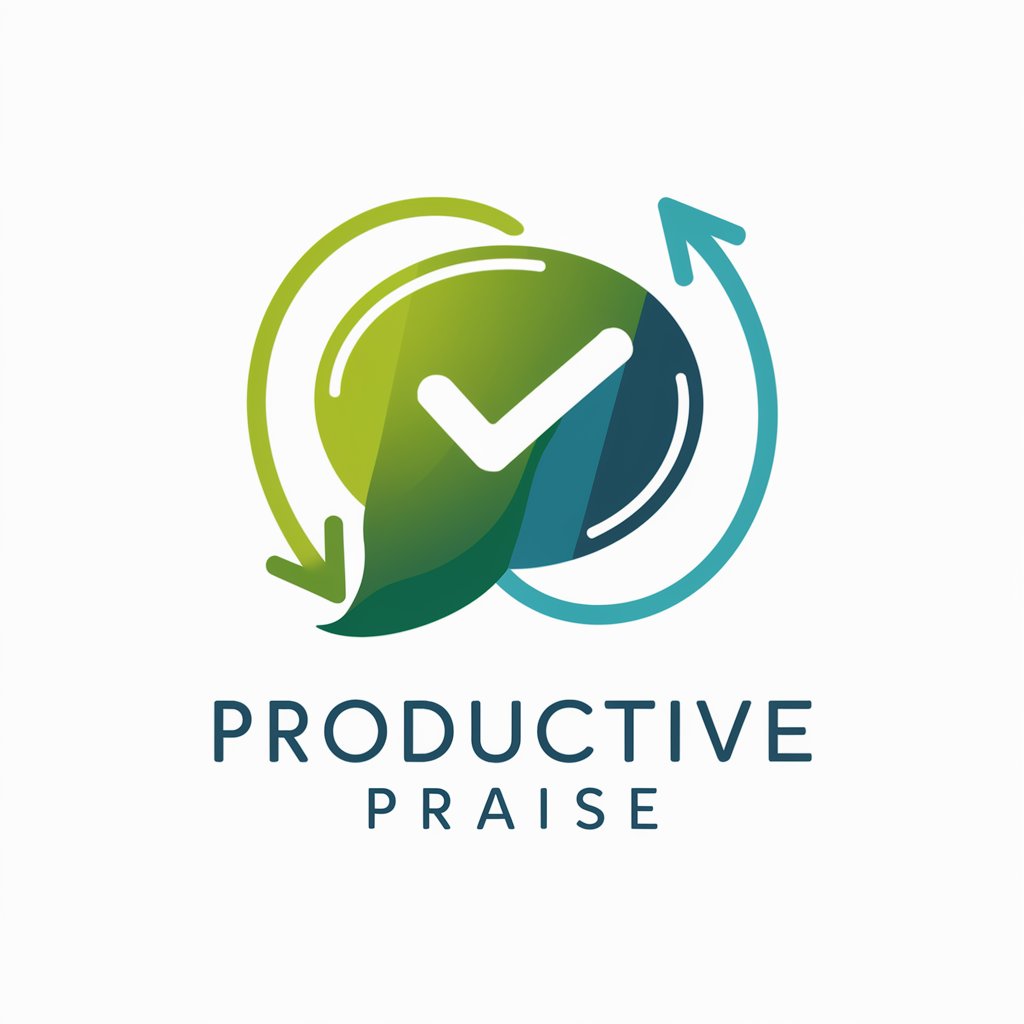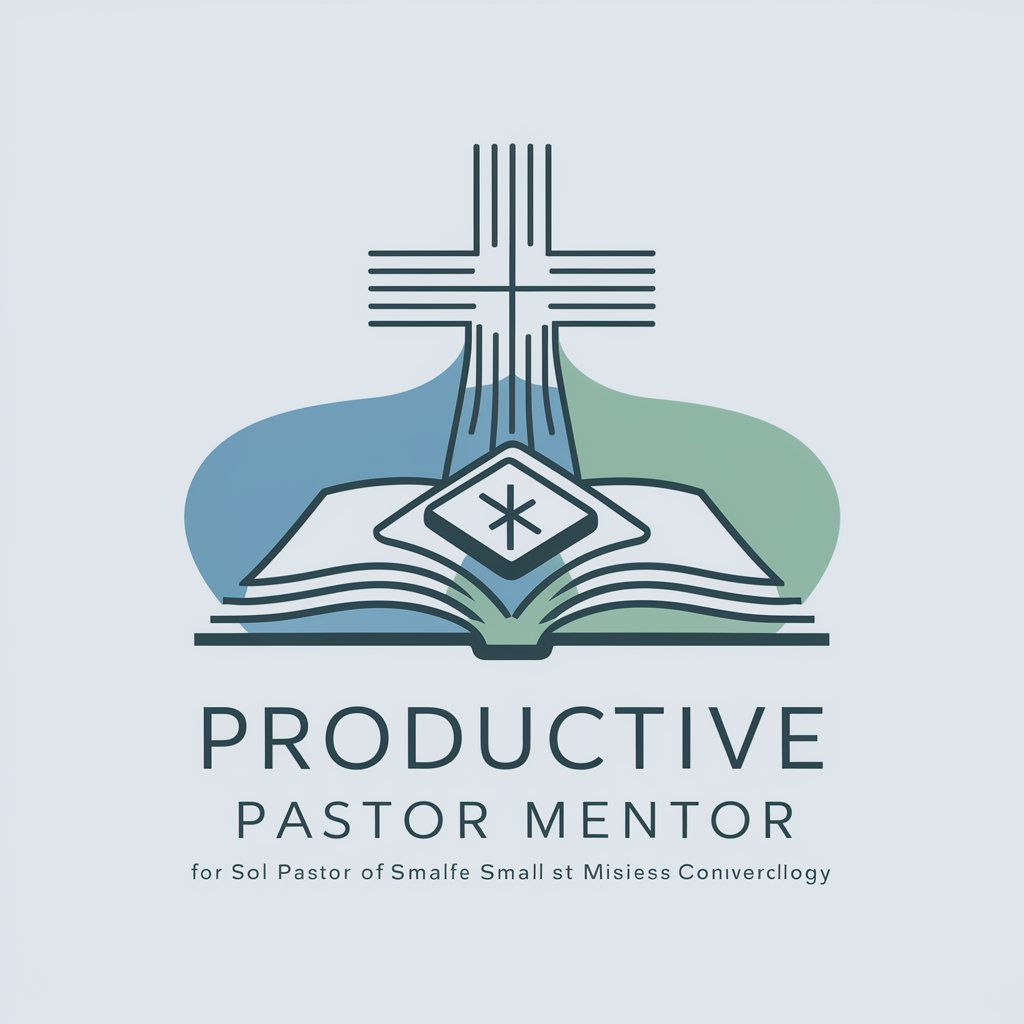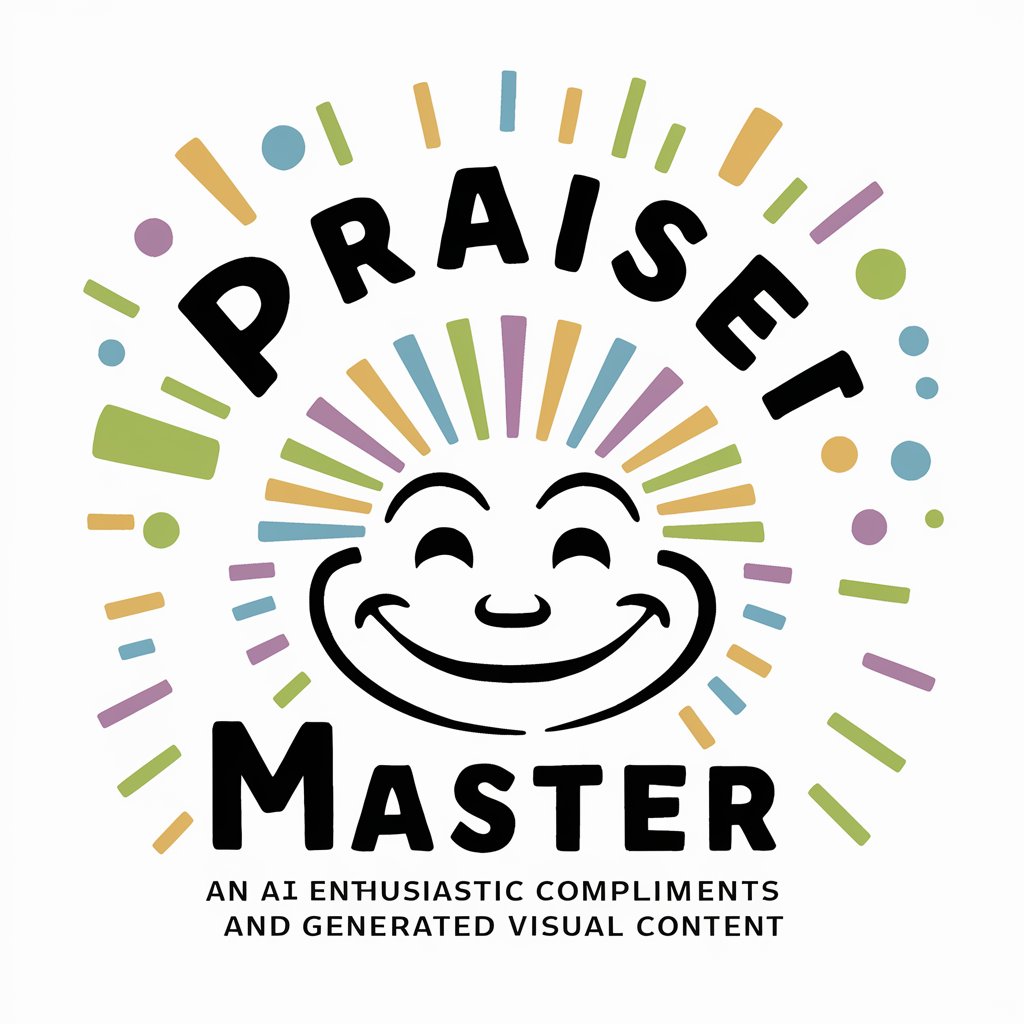
Productive Praise - Empowering Feedback Tool

Welcome! Let's empower with thoughtful praise.
Empower with every word.
How can I praise my student for their hard work on a challenging project?
What’s a constructive way to compliment my child's creativity?
Can you help me rephrase a compliment to avoid making it about intelligence?
How do I acknowledge my colleague’s effort without making it seem like empty praise?
Get Embed Code
Introduction to Productive Praise
Productive Praise is a specialized tool designed to transform how praise is utilized by those in positions of authority such as teachers, parents, and managers. The goal is to empower the recipient of the praise and support their intrinsic motivation rather than fostering reliance on external validation. For example, in a classroom setting, instead of praising a student for being 'smart', which could lead to a fixed mindset, Productive Praise would guide the teacher to acknowledge the student's specific strategies or effort, thereby promoting a growth mindset. This approach helps to maintain motivation even in the face of challenges and fosters a love for learning rather than a fear of failure. Powered by ChatGPT-4o。

Main Functions of Productive Praise
Reframing Praise
Example
Instead of saying, 'You're so intelligent,' say, 'I noticed how you tried different strategies until you solved the problem.'
Scenario
In a classroom, when a student successfully completes a difficult math problem, the teacher uses this opportunity to highlight the process rather than the innate intelligence, encouraging the student to continue experimenting and learning.
Encouraging Effort Over Innate Ability
Example
Instead of saying, 'You got an A, you are a natural!', say, 'Your dedication to studying really paid off with that A on the test.'
Scenario
A parent discussing a report card with their child emphasizes the effort put into achieving high marks, which motivates the child to continue putting in effort rather than resting on the laurels of assumed 'natural' talent.
Promoting Intrinsic Motivation
Example
Instead of saying, 'I’m proud of you,' say, 'You should be proud of yourself for your hard work.'
Scenario
In a sports context, a coach uses this phrase after a game to help young athletes develop self-satisfaction from their improvements and hard work, fostering a sense of self-motivation.
Ideal Users of Productive Praise Services
Educators
Teachers, instructors, and educational administrators who aim to foster a growth mindset in their students, encouraging them to embrace challenges and persist through setbacks, thereby enhancing learning outcomes.
Parents
Parents interested in supporting their children’s development in a way that builds their resilience and self-esteem, focusing on effort and personal growth rather than fixed traits.
Managers and Leaders
Corporate managers and team leaders looking to motivate their teams effectively, ensuring employees feel valued for their contributions and motivated to enhance their skills and competencies.

How to Use Productive Praise
Step 1
Visit yeschat.ai to start your free trial without the need to log in or have a ChatGPT Plus subscription.
Step 2
Identify the type of feedback or compliment you need help with, such as academic encouragement, professional feedback, or personal praise.
Step 3
Provide context about your relationship with the recipient and the scenario in which the praise will be delivered (e.g., written feedback, face-to-face compliment).
Step 4
Use the interactive features to input your initial compliment, then receive suggestions for rephrasing that emphasize empowerment rather than extrinsic motivation.
Step 5
Apply the rephrased compliment in your interaction with the recipient, observing the impact and adjusting your approach based on their response and your relationship dynamics.
Try other advanced and practical GPTs
Praise GPT
Elevate Your Day with AI-Powered Praise!

Praise Pal
Elevate interactions with AI-powered compliments

Rainbow Praise
Your AI-powered Poetry Companion

Praise Me
Uplifting You with AI

Praise Wizard
Enhance Every Interaction with AI-Powered Compliments

Praise Teacher
Empower your words with AI positivity

Mr. Praise
Empower Yourself Daily with AI

Praise Writing Assistant
Craft Praise with AI Precision

What is my future?
AI-Powered Future Predictions

Green Guide
Empowering Sustainability with AI

Immigration Expert
Navigate immigration with AI precision

Infinite Learner
Empowering Your Learning with AI

FAQs About Productive Praise
What is Productive Praise?
Productive Praise is a tool designed to help individuals rephrase praises and feedback to empower the recipient and foster intrinsic motivation rather than dependency on external validation.
How does Productive Praise differ from regular compliments?
Unlike typical compliments that may encourage dependency on praise, Productive Praise focuses on empowering the recipient, encouraging self-reflection and personal growth.
Can Productive Praise be used in professional settings?
Yes, it is ideal for professional settings where constructive feedback and personal development are crucial, helping to reframe feedback in a way that promotes growth and self-reliance.
Is there a limit to how often I can use Productive Praise?
No, there is no limit. It can be used as often as needed across various contexts to improve the quality and impact of interpersonal communication.
What are the benefits of using Productive Praise?
The benefits include enhanced motivation, stronger relationships, and greater effectiveness in communication by focusing on empowerment and the recipient's strengths.





